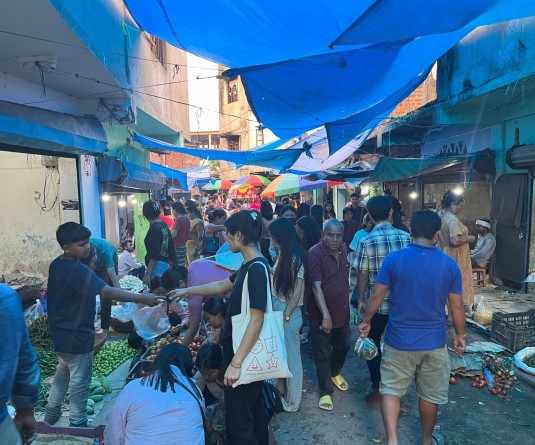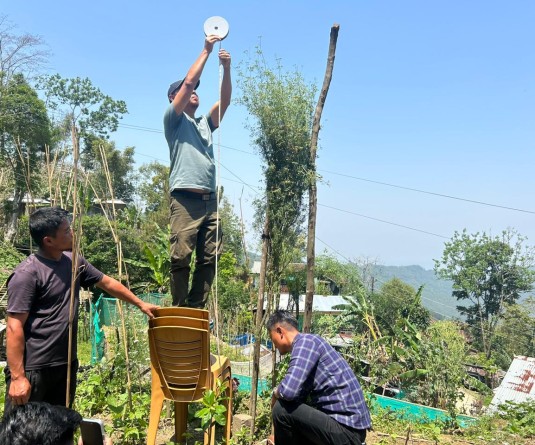
A Naga gathering reflects on ways forward
KOLKATA, April 27 (MExN): Can there be an ‘inclusive mechanism’ of cooperation in Naga society today that cuts across age, gender, class, tribe, denominations and the urban-rural divide?
Such a possibility for Naga leaders and institutions was discussed at a recent gathering of concerned Naga individuals in Kolkata from April 24 to 26. Here, they reflected upon the need for a ‘process of dialogue’ that includes “competent people with new ideas, models, and visions if we are to come of age as an enlightened, democratic society.”
The Naga gathering reflected, discussed and engaged with various issues and dilemmas, such as the Naga Peace Process, Framework Agreement, Naga reconciliation, leadership crisis at all levels, fragmenting society, uncoordinated activities in civil society and the stifling corruption confronting Naga society. This was informed in a statement today termed ‘A Naga Imperative: Retrospecting and Imagining’ signed by participants at the meeting. In the spirit of a ‘collective response’, the Naga gathering, through “a process of open and honest” discussions, suggested a few “practical steps” for Nagas in order to move forward.
First, they urged the Government of India to engage with the Nagas with “respect, sincerity and honesty.” T
hey also urged and encouraged the Naga political groups to embrace the principles of transparency and accountability in their functioning, imploring them of the “political necessity” to reach out to one another and by “going to the people engaging in an interactive approach of consultation by earnestly listening and understanding people’s aspirations.”
The gathering appealed to all Nagas to “strengthen the call for genuine forgiveness among ourselves that will lead to a new relationship of equality, trust and dignity.”
In the meantime, they recognized the need to address institutional corruption and all other forms of structural malpractices by ensuring principles of transparency and accountability in matters of governance.
The participants maintained that Naga people should rise above the “culture of complacency and blaming each other” by taking ownership of issues and “assuming an attitude of shared responsibility” to find solutions.
In order to do this, they emphasized on the need to consciously create “democratic and safe spaces and platforms for dialogue that will empower individuals, communities and institutions.”
The Naga gathering encouraged various social movements for positive change taking place in the Naga context, particularly the younger generations, to” take proactive initiatives and shoulder responsibilities in creating a cohesive vision.”
Making this “clarion call for peace and reconciliation for the sake of our shared Naga future,” to take the Nagas towards a world of “conversation with each other and with the changing world,” the Naga gathering affirmed that “in the search for our political, social, economic and cultural rights we affirm that it requires following Christ with responsibility in all aspects of individual and collective living.”
Click here
A Naga Imperative: Retrospecting and Imagining




